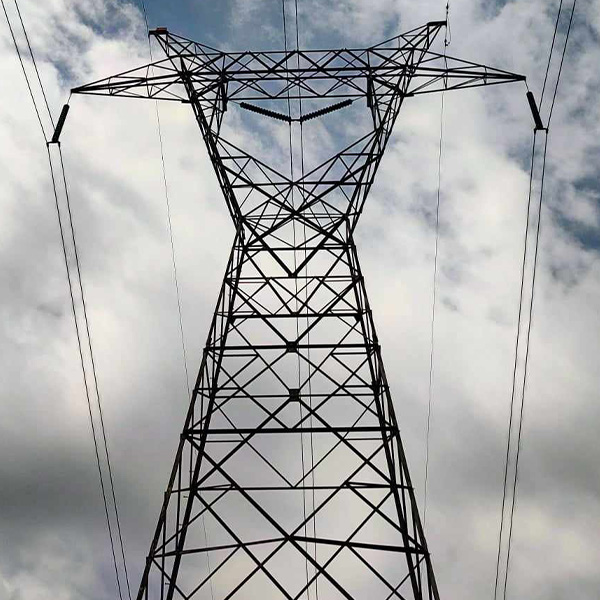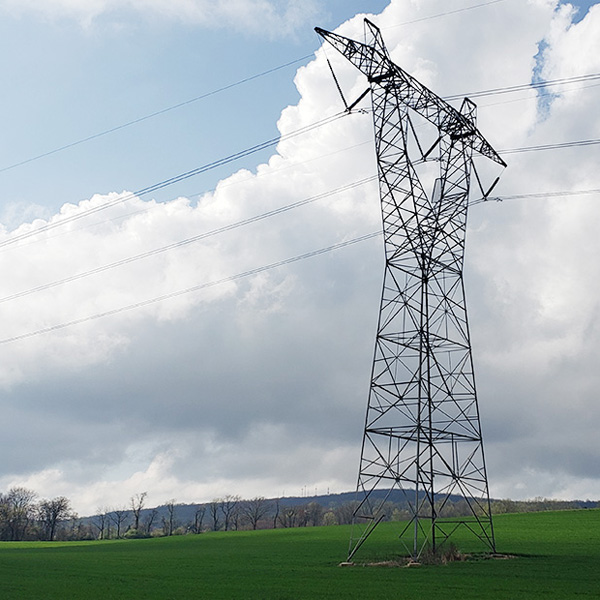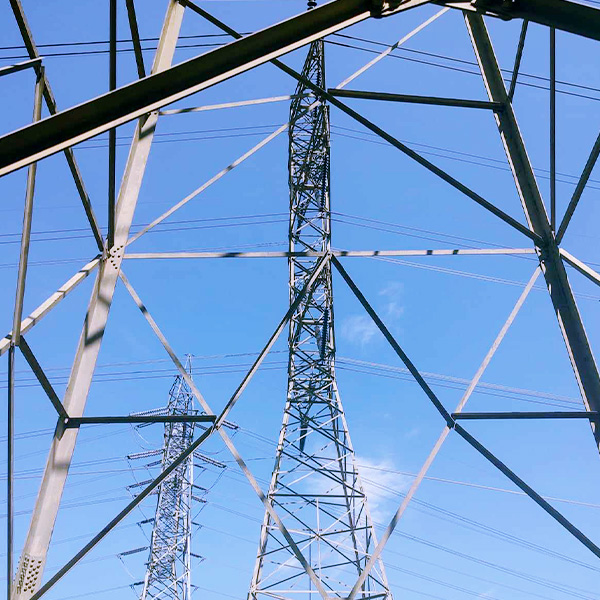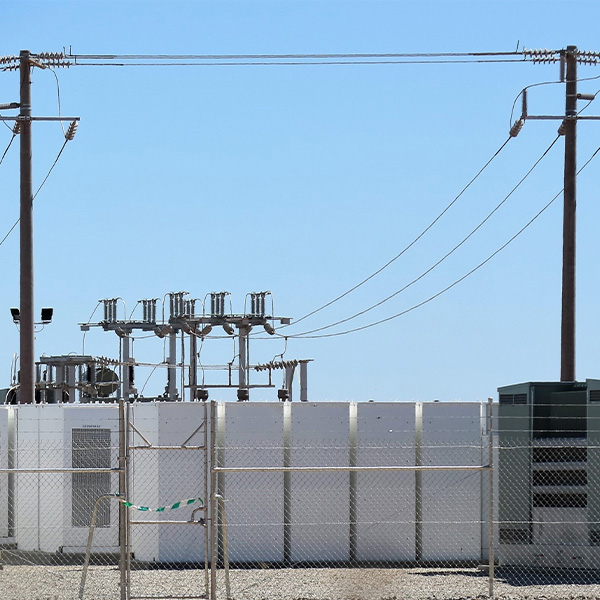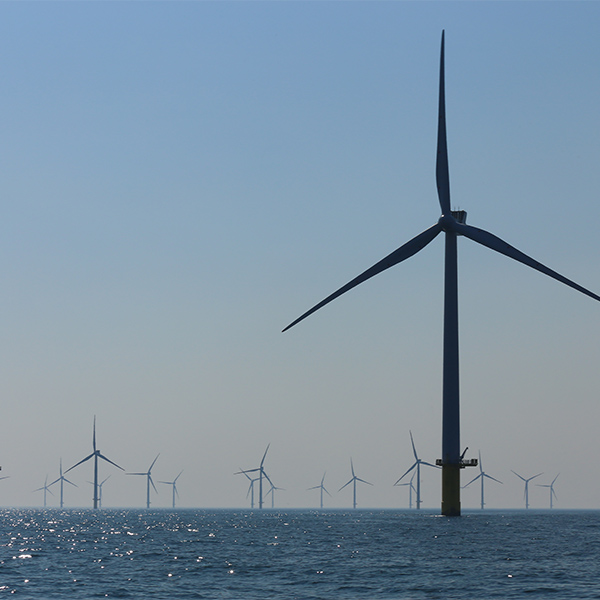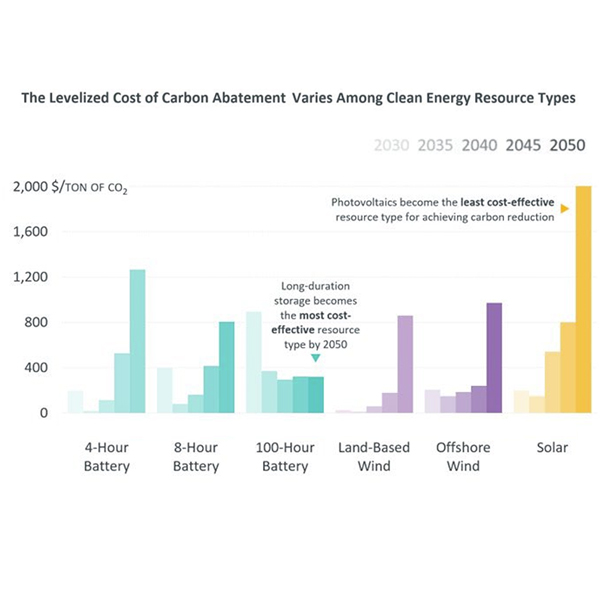ISO New England (ISO-NE)
A proposed transmission project to relieve transmission constraints in Maine has received a major boost with the U.S. Department of Energy’s announcement of an up-to $425 million investment in the project, but challenges still remain.
ISO-NE submitted its compliance to the commission in May, but FERC has yet to rule on the proposal, throwing a wrench in the RTO's implementation timeline.
New England transmission owners discussed updates to the guidelines for asset condition project presentations at the ISO-NE PAC to address concerns from states about transparency amid ballooning costs.
Activists, ISO-NE officials, and state representatives from across New England convened in New London, Conn., to discuss the benefits of offshore wind to the region’s power system.
ISO-NE’s Capacity Auction Reforms project will include an evaluation of additional resource accreditation modeling enhancements, the RTO told the NEPOOL Markets Committee.
The NEPOOL Participants Committee voted to update the Generation Information System to enable the transfer of hourly certificates, opening the door for the sale of hourly renewable energy credits.
Massachusetts and Rhode Island selected 2,878 MW of offshore wind project bids from the states’ coordinated solicitation, which would be the region’s largest offshore wind procurement.
As the variability of generation and demand increases on the grid, market enhancements may be needed to promote dispatchable resources, ISO-NE told the PAC.
A major multiday energy storage project in central Maine intended to ease congestion is moving forward thanks to $147 million in federal funding.
New England transmission owners have presented a $185 per kW-year regional network service rate for 2025, an increase over the $154 per kW-year rate in 2024.
Want more? Advanced Search

